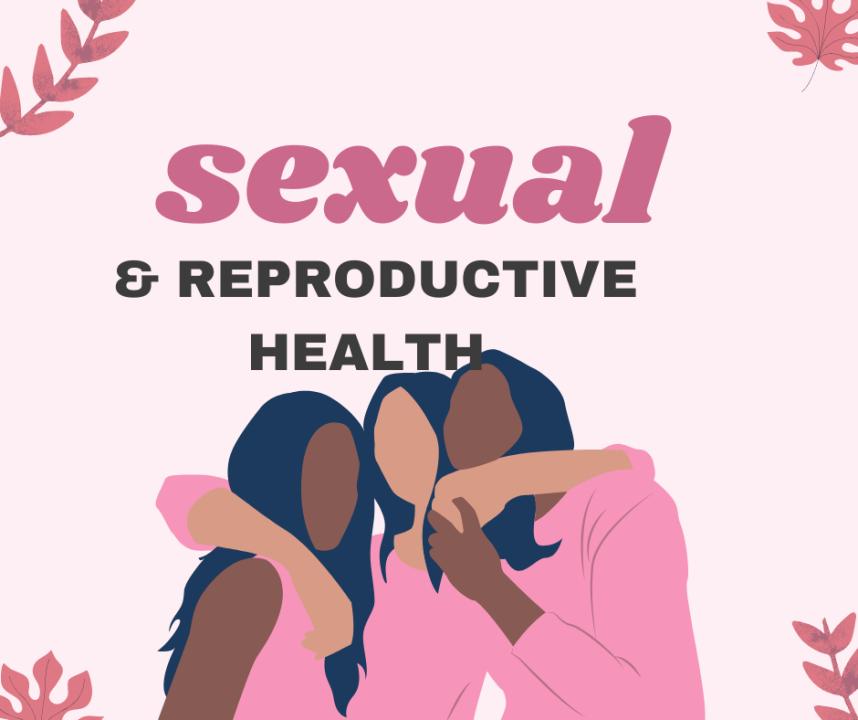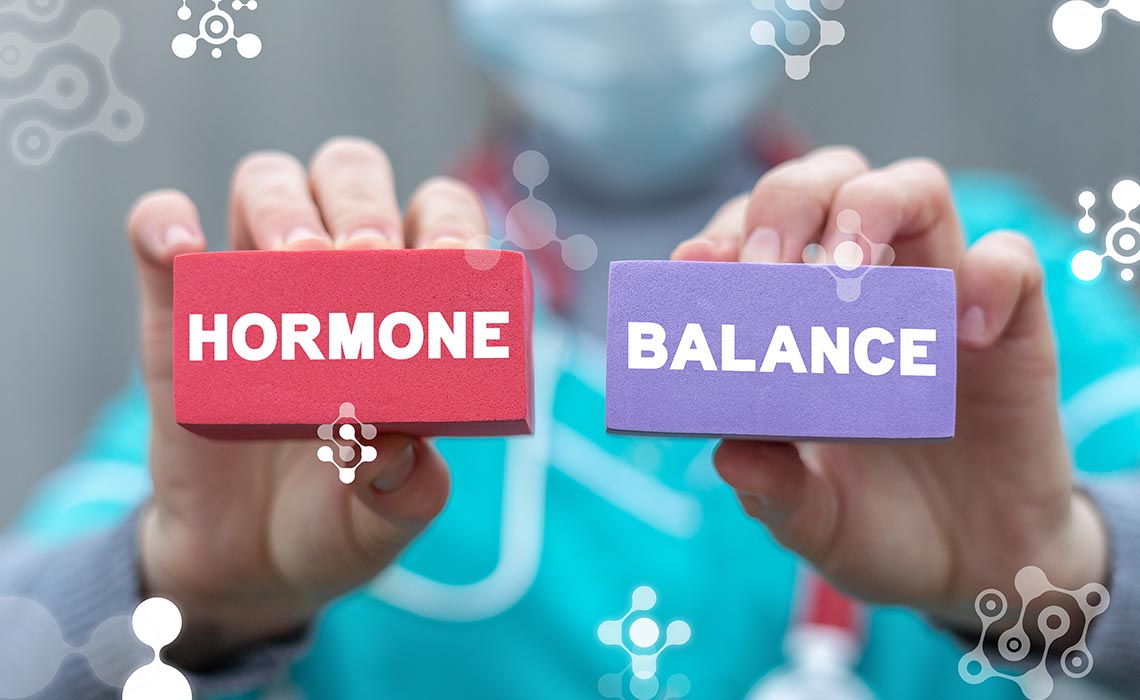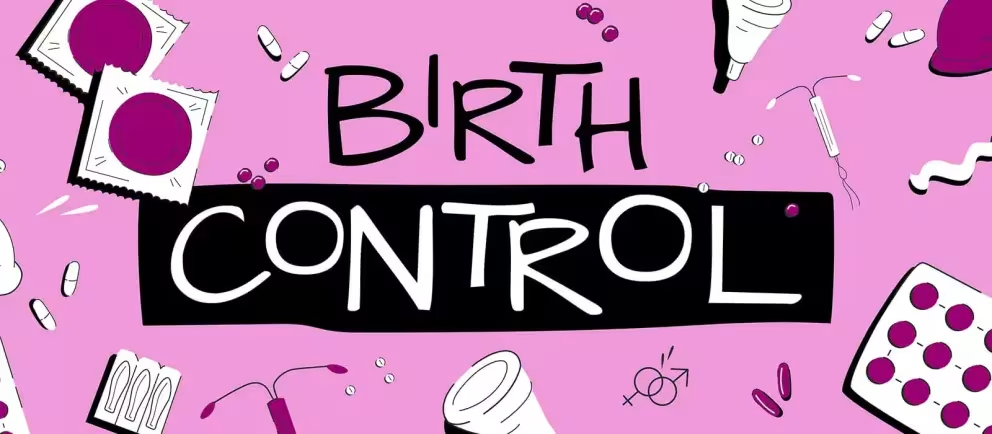🌺 Understanding Sexual & Reproductive Health: A Complete Guide
Sexual and reproductive health is a vital part of overall well-being for all individuals, regardless of age, gender, or background. It goes beyond the absence of disease or dysfunction and encompasses physical, emotional, mental, and social well-being in relation to sexuality and reproduction.
This article aims to provide a clear and comprehensive overview of sexual and reproductive health, why it matters, and how to maintain it.
🌸 What is Sexual and Reproductive Health?
Sexual health refers to a respectful and positive approach to sexuality and sexual relationships. It includes the ability to have safe and satisfying sexual experiences, free from coercion, discrimination, or violence.
Reproductive health involves the reproductive system at all stages of life. It means people can have a responsible, satisfying, and safe sex life and have the capability to reproduce and the freedom to decide if, when, and how often to do so.
🔍 Key Aspects of Sexual & Reproductive Health
1. Sexual Education
Comprehensive sexual education helps individuals make informed choices, understand consent, practice safer sex, and respect others’ boundaries. Topics may include:
- Anatomy and physiology
- Contraception and family planning
- STIs and prevention
- Consent and communication
- Gender and sexual identity
2. Contraception & Family Planning
Access to contraception allows individuals to:
- Prevent unplanned pregnancies
- Space out children healthily
- Empower themselves with reproductive autonomy
Common methods include:
- Condoms
- Oral contraceptive pills
- IUDs (Intrauterine Devices)
- Implants or injections
- Natural family planning
3. Menstrual Health
Understanding and managing menstrual cycles is important for reproductive health. Products such as sanitary pads, tampons, menstrual cups, and period underwear provide options for menstrual hygiene.
4. Pregnancy & Maternal Health
Prenatal, perinatal, and postnatal care are essential for the health of both mother and baby. Access to safe childbirth practices, trained professionals, and emergency care can prevent complications.
5. Sexually Transmitted Infections (STIs)
Regular STI screenings and safe sex practices (like using condoms and regular checkups) help in prevention, early diagnosis, and treatment.
6. Fertility & Infertility Support
Many couples face challenges with fertility. Access to fertility treatments, counseling, and support are essential components of reproductive health services.
7. Safe Abortion and Post-Abortion Care
In places where it is legal, access to safe abortion care reduces maternal deaths and health complications. Post-abortion care is important for physical and mental recovery.
8. Protection from Sexual Violence & Coercion
Support services, legal protection, and education are essential to address and prevent sexual abuse, exploitation, and coercion.
🧠 Mental and Emotional Health
Sexuality is closely linked to emotional well-being. Issues such as performance anxiety, body image, gender dysphoria, or trauma can affect one’s sexual health. Open conversations, therapy, and education can help build confidence and heal wounds.
🧴 Hygiene & Self-Care Practices
Maintaining personal hygiene (such as washing genital areas with gentle products, wearing breathable underwear, and avoiding harsh douches) helps prevent infections and promotes comfort.
🌍 Why Sexual & Reproductive Health Matters
- Reduces maternal and infant mortality
- Prevents sexually transmitted infections
- Empowers individuals with knowledge and choices
- Promotes gender equality and autonomy
- Supports healthier relationships and societies
✅ Tips for Maintaining Good Sexual & Reproductive Health
- Get regular checkups with a healthcare provider
- Use protection during sex
- Educate yourself and your partners
- Communicate openly and respectfully
- Seek help early if something feels off
- Respect your own and others’ boundaries
🌟 Final Thoughts
Sexual and reproductive health is an essential human right and a cornerstone of a healthy life. With the right information, respectful healthcare, and open dialogue, everyone can feel empowered to make the best choices for their bodies and relationships.




